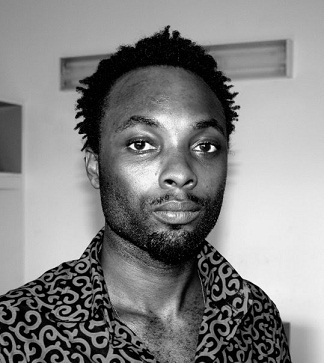 Adam Segal: In many of your stories, you handle technology with a real elegance. “Dream Chaser” and “Trophy” confront tech head-on: Internet cafes, incomprehensible tech jargon, a cell phone that won’t stop ringing. Elsewhere we have a Facebook friend rendezvous and a character downloading pop hits straight to his phone. And yet it never distracts…Do you concern yourself with the technological trappings of a story? Do you have any advice for a writer who wants to make a story “real” without making certain details superfluous?
Adam Segal: In many of your stories, you handle technology with a real elegance. “Dream Chaser” and “Trophy” confront tech head-on: Internet cafes, incomprehensible tech jargon, a cell phone that won’t stop ringing. Elsewhere we have a Facebook friend rendezvous and a character downloading pop hits straight to his phone. And yet it never distracts…Do you concern yourself with the technological trappings of a story? Do you have any advice for a writer who wants to make a story “real” without making certain details superfluous?
Igoni Barrett: The seemingly superfluous detail has its function in storytelling, of course. Cervantes used windmills to great effect in Don Quixote, and telegrams played a prominent role in the opening of Howard’s End. Both of these technologies—windmills and telegraphy—were considered modern at the time those books were written. Today, social media and telephony are as integral to our lives as windmills were to Cervantes’s era and telegrams to E. M. Forster’s. The twenty-first century writer could do worse than replace Cervantes’ windmills with an iPhone and Lawrence’s telegrams with a Twitter DM. And so, yes, I’m preoccupied with the technological trappings of a story, but only insofar as these serve to refract the secret workings of the human heart.
— Interview with Igoni Barrett
Igoni Barrett is a Nigerian writer. His collection of short stories Love is Power or Something Like That was published last month by Graywolf Press.
“Africans on Writing” is a collection of short remarks by African writers on writing and the writing life.









AFRICANS ON WRITING: Ngugi’s Son On What He Admires About His Father’s Writing | Brittle Paper July 19, 2013 10:13
[...] AFRICANS ON WRITING: Igoni Barret on How to Write the Tech-Conscious Story [...]